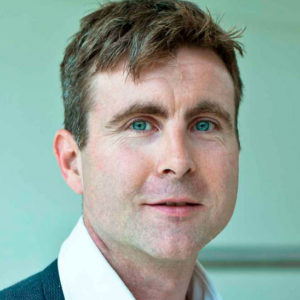Prof Frank Geels
Co-Director
Professor Frank Geels (Co-Director, Theme leader, Diffusion) is Professor of System Innovation and Sustainability at the Sustainable Consumption Institute, University of Manchester and chairman of the international Sustainability Transitions Research Network. Frank is a world-leading scholar on socio-technical transitions and has published six books and more than sixty peer- reviewed articles in this area, many of which are highly cited. Geels has extensive experience in research management, acting as PI on a prestigious ERC-funded project (‘Destabilisation of sociotechnical regimes as the key to transitions towards sustainability’, 2008-2012), a project funded by the Dutch TransForum programme (‘Historical and future transitions in agriculture and food’, 2007-2008), and a project funded by the Dutch Knowledge Network on System Innovation (‘Historical Transition Pathways’, 2004-2007). Geels has acted as consultant for DEFRA (two reports on sustainability transitions), The World Wildlife Fund (which has adopted his multi-level perspective to structure their strategic thinking), the Dutch Ministry of Economic Affairs (which adopted transition management in the energy sector), and Dutch practitioners working ‘on transition projects.


